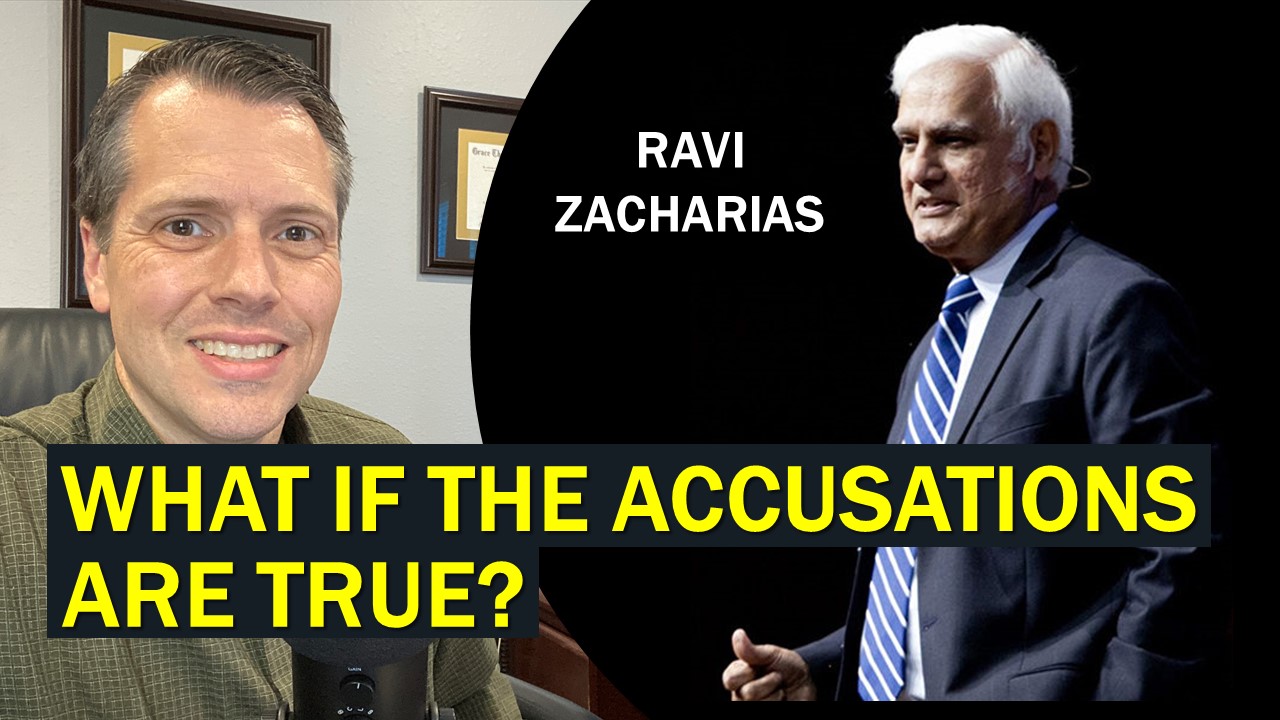“I don’t know, so it must be God.”
That is a woefully empty argument for God, and some atheists rightly take theists to task for utilizing it. Unfortunately, however, some theists do punt to “god” when they have no other answer.
This is a natural desire. We do not like gaps in our knowledge, so we search for something…anything…to explain phenomena that we do not understand.
For example, some folks in the past did not know what caused forest fires, so they blamed fire-breathing dragons. Others observed unexplained sleep paralysis, so they imagined a demonic “walrider” crushing the chest of a sleeping person. Still others did not know what caused thunder, so they assumed it was the sound of a heavenly skirmish between the gods—the same gods who were causing fireballs to streak across the sky in an attempt to send a message to humanity.
Then science came along and answers some questions for us. Forest fires are sparked by renegade lightning strikes. Sleep paralysis has various causes, including drug effects and, you guessed it, lack of sleep. Thunder rumbles because of the rapid expanding and contracting of the superheated air around the path of a lightning bolt. And it turns out that the fireball in the sky is a comet, formed by dust and ice, streaking through space in its orbit. No need for gods after all.
But we still have plenty of unanswered questions, the most obvious being this: “Where did everything come from?” Scientists have posited some elaborate explanations, but they simply do not know.
Theists, however, have an answer. It’s God. God, who sits infinitely outside the time-space continuum, spoke it all into being.
That answer does not set well with non-theists, who claim that we are guilty of the “god of the gaps” fallacy—simply inserting God to fill the gaps of our knowledge. They claim that one day science will offer an answer to the origin of everything, and then we will be able to file our cute little notion of God away with walriders, fire-breathing dragons, and mythological dueling deities. We will no longer need God.
Is that, however, an accurate description of the theistic argument for God? Does our insatiable need for some kind of explanation cause up to come up with God?
No, it does not. Sure, some Christians may unwittingly argue for God using the “god of the gaps” fallacy, but thoughtful theists do not.
Therefore, an atheist cannot reject theism simply because he recognizes the flaws in the “god of the gaps” fallacy. Here are three reasons why this is so.
1: We argue from what we know; not from what we do not know
Theism is a positive argument for God rather than an attempt to fill in a knowledge gap. In other words, we do not say, “I don’t know what caused everything, so I’ll make up a god until science can explain it.” Instead, we say, “The evidence of design and order in nature points to an intelligent designer.”
We use this approach with everything else we observe. Automobiles, for example. If we see an automobile that we do not recognize, we might ask, “What make is it?” We instinctively know someone designed it. We know it did not simply materialize in a garage somewhere, or even a factory. Someone designed it and someone built it. Something as obviously designed as a car requires a designer.
If we understand that a Mustang, Odyssey, or Prius needs an intelligent designer, why would we think that something as vast an intricate as the universe did not?
We argue for God not as a last-ditch effort to fill in the gaps of what we do not know, but because God is the best inference to what we do know. It would take a supernatural, intelligent, and orderly being to create nature, which is exactly what leads us to a supernatural, intelligent, orderly god.
Reason 2: We have revelation
With walriders and fire-breathing dragons, we observe only the effect (sleep disorders and forest fires), so we think up a cause. There is no particular reason to label the cause walriders or dragons—someone, grasping for an explanation, just made it up.
That is not how theism works. We do not just come up with the idea of god because we need an answer. Besides the obvious need for a designer to explain design, we have revelation.
Revelation comes to us in two ways. First, we have natural revelation—what we see in nature. Natural revelation indicates that a designer exists. Special revelation, on the other hand, provides details about the character of the designer. The primary special revelation we have is, of course, the Bible.
Non-theists do not have have revelation. They are stuck with little more than faith that one day science will fill in the gaps of their knowledge with some kind of naturalistic explanation, which leads us to the third reason they cannot use the “god of the gaps” fallacy to discredit theism.
Reason 3: Nontheists can be susceptible to the same fallacy
“God of the gaps” is not a trap into which only theists can fall—non-theists have the same problem. We both are confronted with some things we simply cannot explain, the origin of the universe being the most prominent example. The theist argues that God caused it to be out of nothing. The non-theist argues that not-yet-understood natural causes are responsible. Furthermore, they argue that one day science will offer a sufficient naturalistic explanation. I suppose we could call that “naturalism of the gaps.” In other words, “I don’t know, so it must be a natural cause.” We could even go so far as to call it “faith of the gaps” because they have faith that naturalism does explain everything (including how nature could cause itself to exist) and one day scientists will be able to figure it out.
Either way, we cannot explain how it happened. But, like we noted above, theists have a positive argument. We do not look at the universe and say, “I don’t know—must be a god.” Rather, we look at the universe like we look at everything else and say, “I see design, so there must be a designer. I see fine-tuning, so there must be a fine-tuner. I see morality, so there must be a moral lawgiver.”
If theism were based on a “god of the gaps” argument, non-theists would have a good argument against it. However, theists recognize that the design of the natural universe calls for a supernatural designer. Both nature and the Bible reveal this supernatural designer—the eternal, omnipotent, omniscient, and personal being we call “God.”



